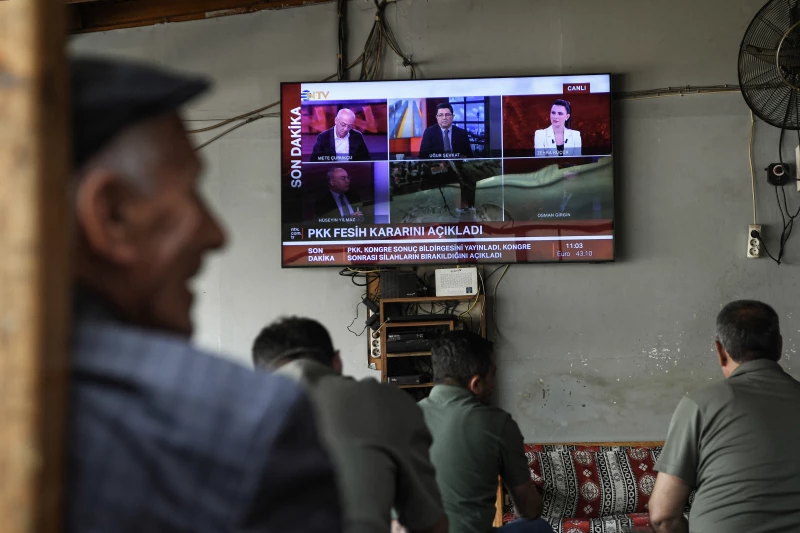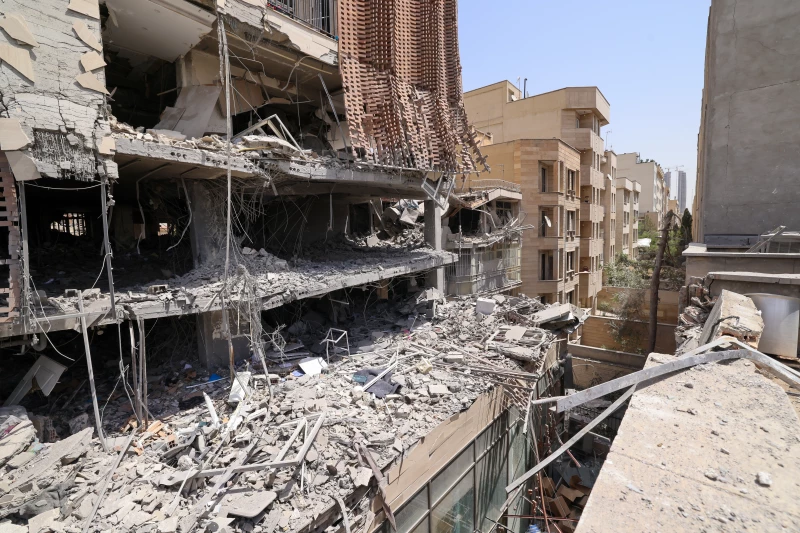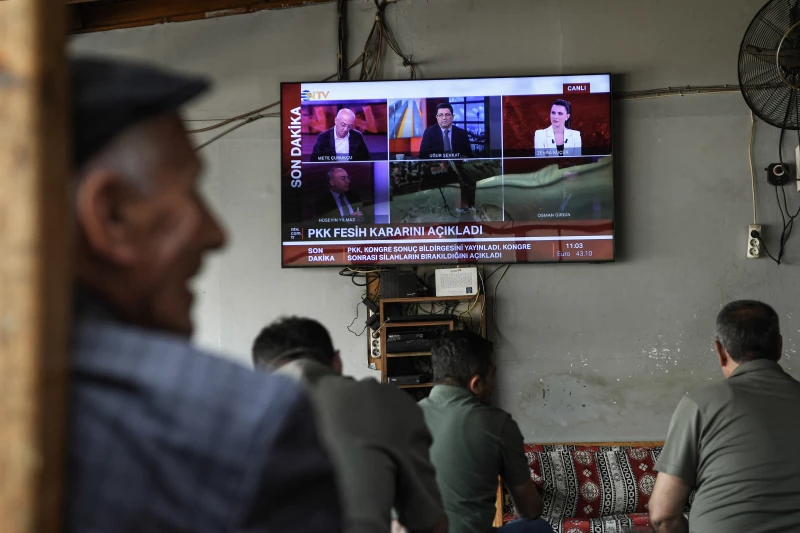Judging by Turkish headlines, peace has been achieved between Turks and Kurds. Turkey's parliament has established a commission for the peace process, the Kurdistan Workers' Party (PKK) has talked about disarmament, and cameras have broadcast symbolic fires that have reduced weapons to ashes. But as any observer of the political theater knows, smoke often conceals the truth more than it reveals it. What Turkey has today is not peace but a representation of peace, a shaky structure sustained by the art of media design and political necessity.
On the surface, legal reorganization remains incomplete and unclear, constitutional reform has not been made, and old wounds have not been healed. This is peace in the media, not peace in legislation or on the ground.
Redefinition
Reform cannot be implemented without a legal definition of the problem. Parliament has taken action, or at least said something. A 51-member commission is now examining disarmament and reconciliation. The draft laws seek to drop charges against guerrillas who have been sending weapons to Turkey over the past 40 years. But the real solution to Turkey's social and historical problems requires constitutional recognition, acceptance of decentralization, and cultural rights that no one has yet seriously discussed.
This is the serious paradox of Turkey's legal efforts to resolve the Kurdish issue, aimed at suppressing Kurdish national aspirations without changing the state's denial policy. Like the Islamists and leftists before them, the Kurds have been forced to live within a structure narrowly designed for Turks and their language.
The three-screen drama
The ruling party plays the role of a pragmatic state, seeking to achieve security and stability without serious compromise and recognition of Kurdish rights. The PKK is now reorganizing itself as the historical actor demanding moral recognition. Among them is the Mouth Party (formerly the HDP), which is caught between legality and emotional commitment, trying to mediate in an atmosphere where dialogue and conflict are considered crimes.
The difference between Turkey's Justice and Development Party (AKP) and the PKK is not only a difference of ideology but also of view of the stage. The AKP sees peace as a tactical issue as a way to stabilize domestic politics and sustain its regional influence. The PKK sees peace as a strategic transition and as a gateway to cultural recognition.
This time discrepancy has made the process symbolic and slow, with both sides trying, but on different timelines. Ankara judges victory according to media reaction; the PKK according to the wishes of its descendants. Thus, the process does not go as planned as the conflict wants it to.
The other part of the puzzle is the social contract, which has never been peaceful. Every society needs a rigorous, widely accepted social contract. In Turkey, the contract has not yet been written. Polls reveal a paradoxical picture: Depending on the population, few citizens support the peace process, yet fewer than four in ten believe that peace and disarmament are actually happening. Among Kurds, support for the process exceeds 70 percent, though it falls among the secular nationalists.
This fragmentation reflects a broader crisis of confidence in Turkey. The state calls on its citizens to believe in reconciliation while continuing to prosecute elected Kurdish mayors. The Kurdish movement calls for unity but has not yet presented a clear democratic program outside of armed struggle. Civil society in Turkey, once active, is largely silent, whether out of fear or exhaustion.
Turks and Kurds alike seem to desire peace, but no longer believe that institutions are capable of achieving peace. In this sense, the peace process seems to be less of a strenuous negotiation between two parties.
Peace in Turkey on the one hand and war in Syria and Iraq on the other hand destroy the ground for peace. Its operations in Mount Badinan (Duhok) and Qandil and the red-eye of the Syrian Democratic Forces reiterate two messages: reconciliation at home and confrontation abroad.
This contradiction undermines trust. It tells Kurdish actors that peace is conditional, within Turkey's borders, and only on Ankara's terms. It also reveals a deeper truth: that Turkey sees the Kurdish issue not as a domestic minority issue but as a geopolitical variable that must be controlled.
In these calculations, peace is a case of instrumentality rather than a social issue.
The Constitution and the unspoken crisis
At the heart of any failed peace process in Turkey is a constitution that cannot speak Kurdish. Reformists have tried to soften its language, but its framework has become so dry that it has become a disaster for Turkey.
Hence, the peace process is symbolic not because the actors are disingenuous, but because the constitution itself cannot accommodate plurality.
There are other issues. No peace process can be achieved without economic prospects. There is unemployment, lack of investment, and constant migration in Kurdish areas of Turkey. 2025 polls show that about 70 percent of respondents, including Kurds, name the economic crisis as their main concern.
This is not indifference; a hundred years of fatigue are behind it. For an ordinary family in Diyarbakir (Amed) or Sirnak, what does peace mean if it is hungry? For Ankara, therefore, peace means that there is no political denial that the Kurds have cultural rights and a decent economy.
For true peace to be achieved, an enhancing of investment and international trade opportunities with Iraq and Syria, economic amelioration, and infrastructure may prove more potent tools in creating an enduring solution.
The US and Europe don’t care, and the UN sticks to supposedly humanitarian, at least not politically radical, language. Therefore, we do not see the role of a third party as a mediator between Kurds and Turks, which is a sign of a lack of guarantees.
Finally, if the PKK's new move is merely an announcement, another round of symbolic peace will be launched. But if this move signals a readiness for legal change and the recognition of the Kurds with their cultural characteristics in Turkey or serious political dialogue, it could test Ankara's seriousness more than ever. The Turkish government may welcome calm but fear change. The PKK, on the other hand, is seeking recognition without surrender. So the current efforts don't close a page; they will reveal whether peace in Turkey will remain a managed illusion or be the beginning of a difficult but real reconciliation.
The views expressed in this article are those of the writer and do not necessarily represent the position of The New Region's editorial team

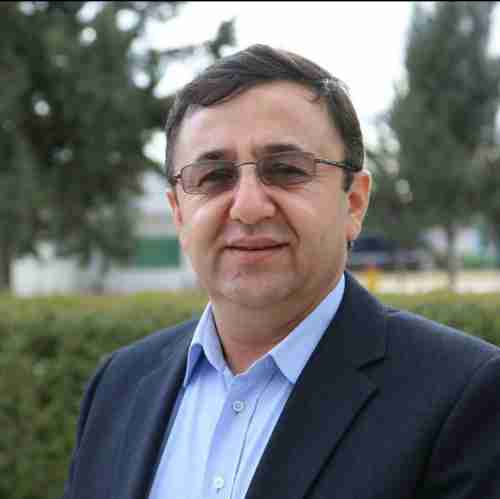
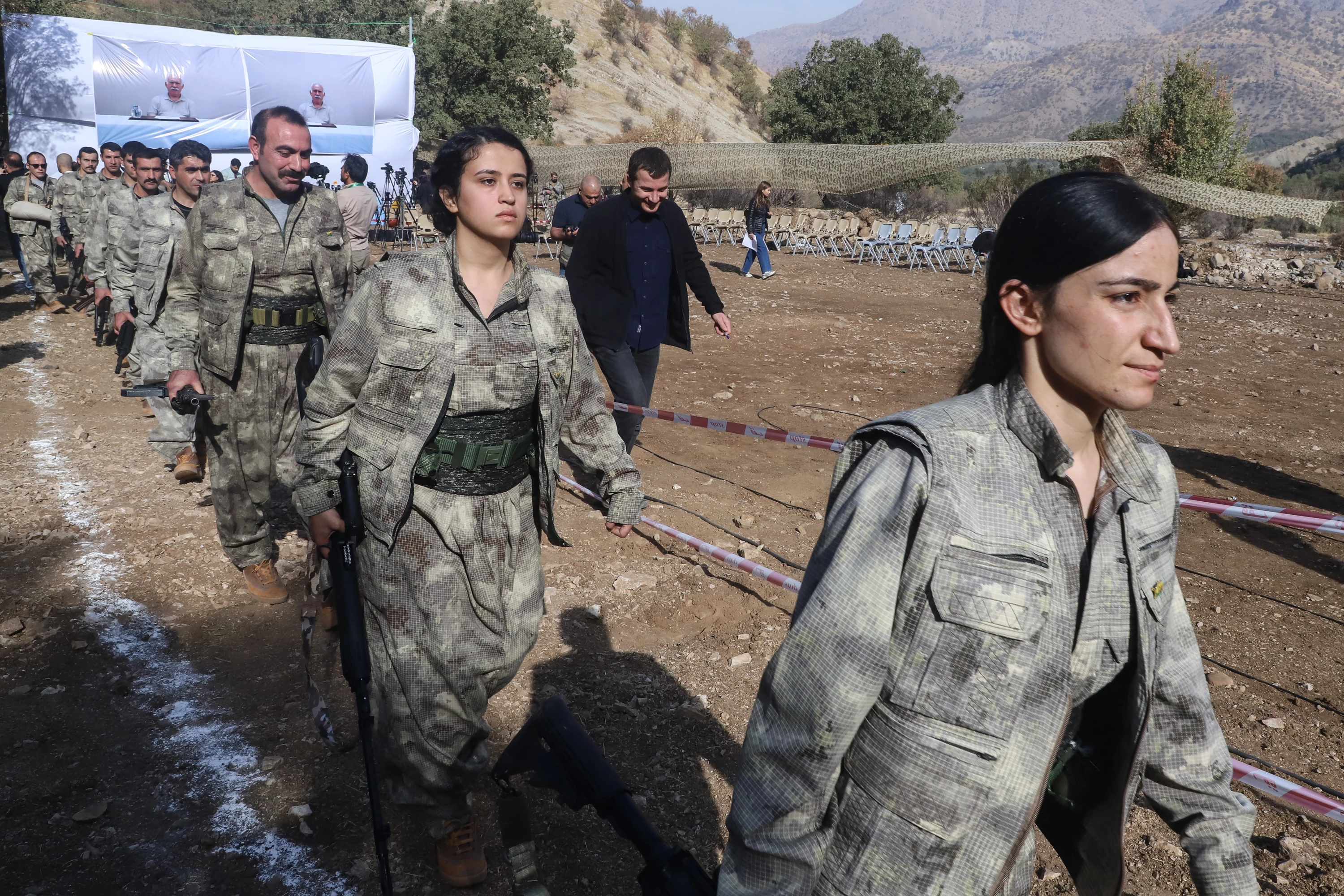
 Facebook
Facebook
 LinkedIn
LinkedIn
 Telegram
Telegram
 X
X
